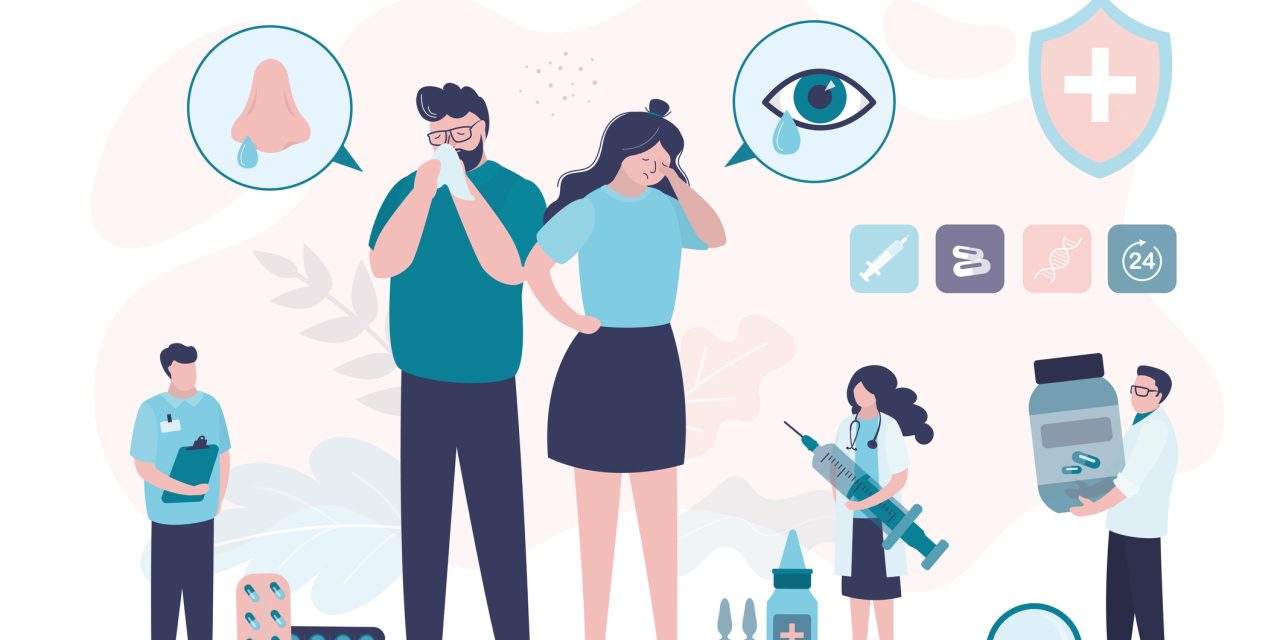Itraconazole therapy has been reported to control asthma in severe therapy-resistant asthma with fungal sensitization. The aim of this study was to investigate the impact of anti-fungal therapy on the treatment of severe asthma, irrespective of sensitization.
This active comparator clinical trial was performed on 110 therapy-resistant asthmatic patients who were randomly assigned into two groups of case and control. The patients in the case group were administered 200 mg itraconazole twice a day and the control group received 10 mg prednisolone after breakfast for 4 months. The asthma control test (ACT) which was used as a marker for the global evaluation of treatment effectiveness (GETE) was applied as the primary endpoint parameter. Cough, dyspnea, and sleep disturbance were measured on a scale of 1-4, with 1 representing no symptom and 4 indicating severe exhausting disturbance.
Based on the obtained results, 71% of the itraconazole group demonstrated a marked improvement in the GETE score after a four-month treatment. Itraconazole was able to suppress clinical symptoms, including cough, dyspnea, and night symptoms, and their physical exam was indicative of normalization in 60% of the patients. On the other hand, the patients in the parallel group “prednisolone” were only able to control dyspnea. The ACT score represented a notable improvement with itraconazole (mean: 14 before the trial and >20 after the trial) and spirometry parameters underwent a considerable change from obstructive pattern to normal. Furthermore, adverse effects were only detected in 6% of itraconazole users.
The results of this clinical trial indicted the effectiveness of antifungal therapy for the control of the clinical condition of a subgroup of patients with severe steroid-refractory asthma.
© 2019, Published by Mazandaran University of Medical Sciences on behalf of Iranian Society of Medical Mycology and Invasive Fungi Research Center.
Long-term effect of antifungal therapy for the treatment of severe resistant asthma: an active comparator clinical trial.


